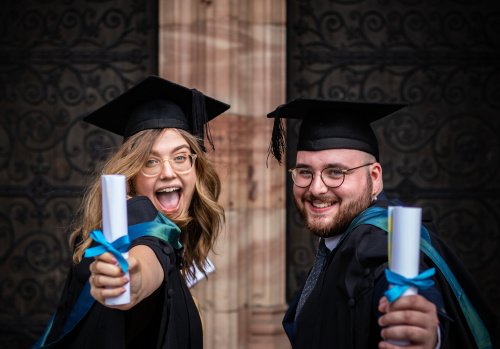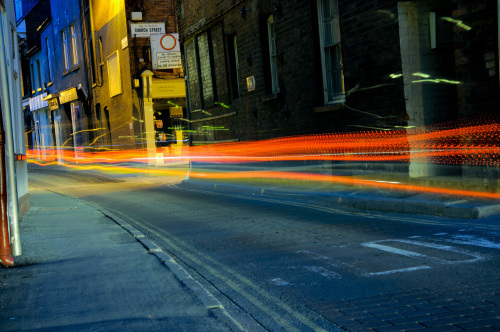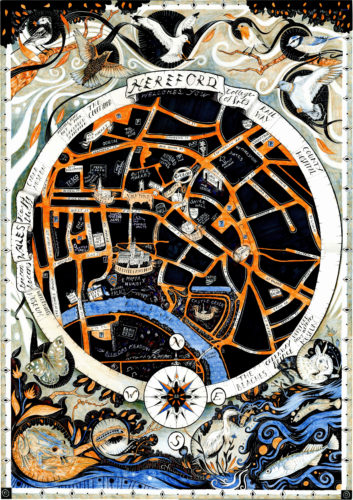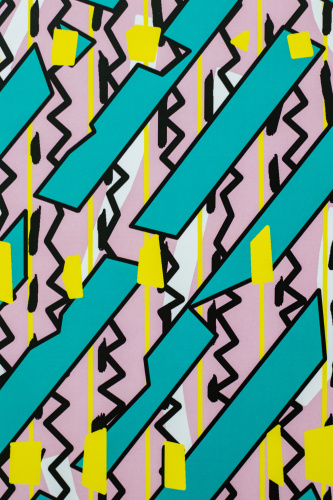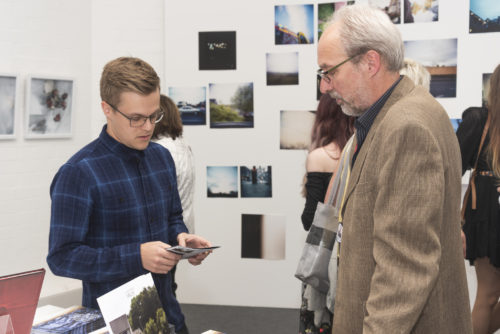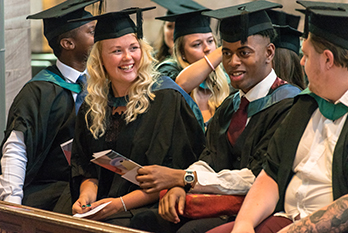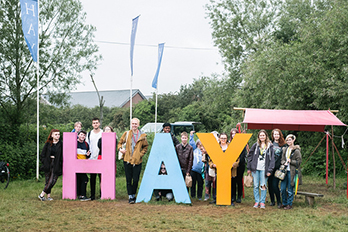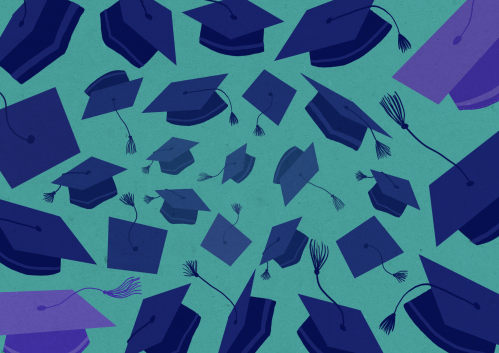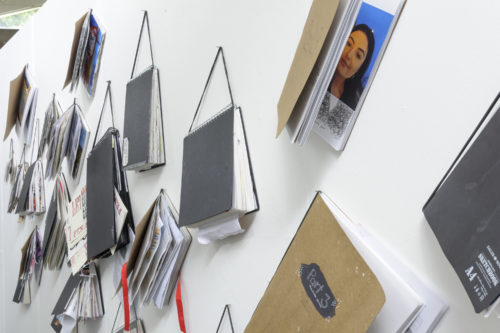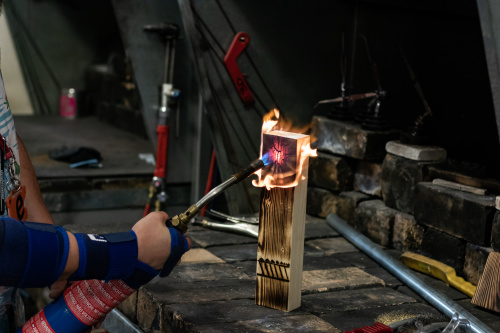From reflection to rule-breaking at Wales NEXUS 17
Published on 03.05.17
This Wednesday, the University of Wales Trinity St David’s (UWTSD) annual conference began with an intriguing activity from Dr Colin Jones, enterprise educator from Australia. Demonstrating the concept of affordable loss, we paired up to toss coins, slowly paring down the ‘winners’ of the toss until one person ‘won’. His central point here wasn’t about
Categories
This Wednesday, the University of Wales Trinity St David’s (UWTSD) annual conference began with an intriguing activity from Dr Colin Jones, enterprise educator from Australia. Demonstrating the concept of affordable loss, we paired up to toss coins, slowly paring down the ‘winners’ of the toss until one person ‘won’. His central point here wasn’t about the perils of gambling, but rather about the stakes (and to demonstrate a nifty active teaching methodology). In education, as in everything, people need to feel able to ‘have a go’. And, re-enforcing his point, no-one took up his challenge to ‘up the stakes’ to 10 pounds.
In a reflective keynote, he went on to explore the uses and value of education; urging us to reflect on why we were educators – posing the question of ‘service or ambition’ and stressing the importance of being able to articulate our own personal philosophies.


Two key themes of the first day were developed. One was the idea of ‘pedagogy’ being too broad a term to be useful and the need to classify further in ideas of heutagogy and andragogy in order to fully articulate practice and ideas. The other was around the importance of self-negotiated action (for students and lecturers) and the need to devolve power to ensure that our learners develop the skills necessary to function in a fragile and fluid context. These skills, of course, are not always discipline specific but rather the abilities to reflect and learn independently of formal educational frameworks.
Our second presentation explored a research project from UWTSD’s initial teacher training which again looked at how our current changing context requires us to move from a model of ‘empowering’ students towards a model of subsidiarity, where social issues are dealt with at a level that can best support their resolution.
This move reflects current shifts in the cultural climate, and must be embraced by new cohorts of teaching practitioners (and thus those responsible for their training). Using activity theory and applying it to education is a new idea, and the use of this methodology enabled researchers Dr Jane Waters and Dr Jan Barnes to analyse and understand perceptions of particular mediating artefacts in the relationships between HE institution, student teacher and mentors.
The research was purposed, leading to interventions in the design of the ITT programme, and the restructuring of curriculum space in order to facilitate a more integrated model which supported the co-construction of learning and gave students space to explore and reflect on the links between theory and practice.
Old ideas and structures have to be broken down in order to create new, dynamic systems? This was one message from Dr Paul Jeff, who looked at how we must break the old rules of ‘originality’ and reconfigure them for the information age. Moving from a model of enlightenment ‘artistic genius’ to the idea of artist as pirate, appropriator, sampler, plunderer and plagiarist, Ian’s talk touched on ideas of ownership and copyright, information overload, the idea of originality encompassing people doing something new with existing material.
Citing Kenneth Goldsmith and Marjorie Perloff as inspiration, his call for arms was for a change in perspective in terms of how we frame the notions of both creativity and plagiarism. This is, of course, part of a hugely complex network of ideas that goes beyond copyright and the individual freedoms of artists, but expands, encompassing ideas of ownership, openness and individuality across different dimensions of practice.
Today was the second day of the conference, which you can follow on twitter at #walesNEXUS17. I look forward to revisiting Swansea tomorrow to watch further presentations and to present with Hereford College of Arts colleagues Holland Otik, Simon Denison and Fenella Lloyd tomorrow, when we explore the different types of pedagogies within the arts school context.
